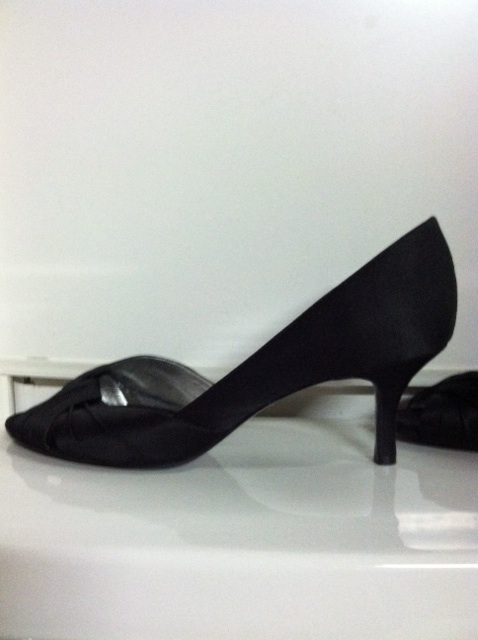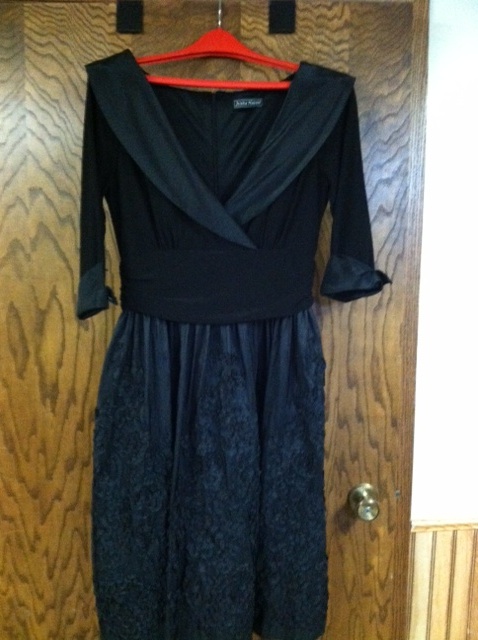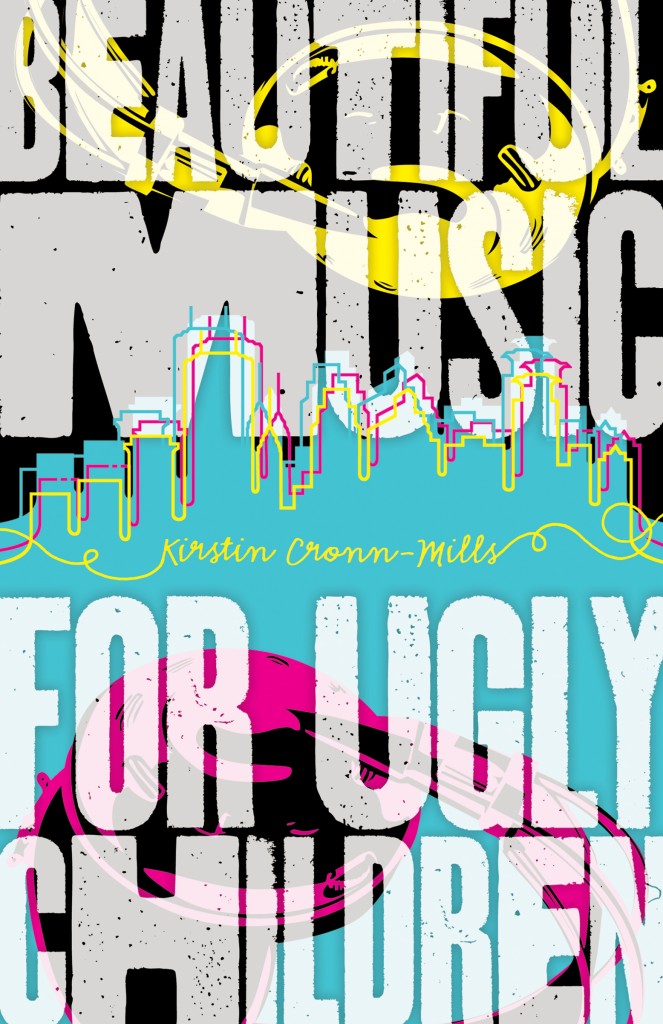(I had a hard time coming up with an image for this post. I figured a stretchy, tangled ball of things that could hit you in the face might work.)
So I found these comments online about BEAUTIFUL MUSIC. Why did I look? I’m curious to know some early opinions:
1) “To be honest, I didn’t know this book was about a transgendered person. I saw it on Courtney Summers’s website and so I requested it without giving it much thought. I don’t know if I want to read it due to the whole misappropriation of voice issue, etc. ” –Reut
2) “Every so often, an opportunity comes along for me to review a book on NetGalley that I select because I’m not sure the author could really get it right. XXX was one of those books, and Kirstin Cronn-Mills’ Beautiful Music for Ugly Children was another. Both succeeded, despite my initial doubts.”–Cyndy
I expect these kinds of comments as BMUC makes its way into the world, and I think they’re important to think about–and address. Do I *have* to address them? a) No. The book should stand on its own (related to comment #2), and authors need to allow readers to have their opinions. b) Yes. People may want to disregard my book, given that I’m not a trans person (related to comment #1). I get that. So here goes.
(Side note: please see this blog post I did for YA Pride on the wonderful Malinda Lo’s web site. It’s similar to what I’ll say here, but it emphasizes privilege.)
In my opinion, both comments are a version of “She’s not allowed to speak for trans people,” which is a valid thing to say. However, as I see it, I am not speaking for female to male transsexuals or any other trans individuals. I am speaking with them. That may be semantics to some people, but it’s an important distinction to me.
How is it a with situation? I worked with trans people to make this book happen. I did a crap-ton of research about being transsexual–BMUC was as much a scholarly project as it was a fiction project. I earned the trust of many different trans individuals. I listened to people tell me stories about what it’s like to live in the wrong body and wrestle with a society that tells them they’re wrong, disgusting, and gross. I did (in my opinion) everything I could do to understand a tiny corner of what it means to be someone like Gabe–I stood with my new friends and supported them so I could stand with Gabe in the book. I am still supporting them, because they’re my friends now. Did I get it right enough to claim a with situation? I think I did OK. Are there issues and errors? Sure.
A character’s identity isn’t one-dimensional, so being a trans man isn’t all of Gabe. He’s also a music geek, a brother, a son, a radio DJ, a neighbor, a dude in love, and a high school senior trying to figure out what the frak he’s going to do in the fall. Being trans is a large slice of his identity. It’s always with him, and it colors his life in big and small ways, but it isn’t his whole identity.
Related to that, people may assume Gabe is a singular representative of the trans world, especially since there are so few characters like him in YA lit. To me, that’s one of the most detrimental mistakes a reader can make (my students make it all the time, so I talk about this a lot). The character only represents the character, not an entire culture. If the writer has done her work well, her character becomes a viable member of whatever culture her character is part of–Starfleet commanders, librarians, barbecue chefs, American Indians, whomever. However, her character cannot be the spokesperson for everyone in that group. Her character speaks for her/himself.
It’s treacherous for an author to write a character from a marginalized group when s/he isn’t a member of that group. There are *so* many issues, and I’ve struggled with them all along. But if a writer does her research, stays humble, is respectful, minds her privilege, and PAYS ATTENTION, it could turn out really well (it could turn out to be crap, too). And we **need** more diverse characters in YA novels. If writers outside the marginalized group want to write them, I think it’s OK, *if* they do the above things. OF COURSE we need to encourage authors from culturally diverse groups to write their own characters. OF COURSE. But should we wait to introduce diverse characters into our novels until these authors come along? What if the authors don’t step forward? **Edited to add: there are also issues with editors not picking up books from people of color. So sometimes the authors *are* there–they’re just not getting noticed and purchased.
It would be boring as hell if people were only allowed to write who they were. I would quit writing fiction and go back to writing poetry full time if all I was allowed to write were women like me. There is a huge joy in escaping our boundaries and diving into another person’s brain, and for curious me, it’s a great pleasure to explore other psyches. But, following the logic of not being able to write outside our group, I shouldn’t get to write YA because my character is 18 and I’m 43. (Side note: Ellen Hopkins is 57, and nobody’s questioning her.) I also shouldn’t get to write guy characters because I have a vagina. But hey–you don’t know that for sure. I’m also not letting you check.
Back to the quotations. The difference between them is this: the first person hasn’t read the book and is making judgments. She has every right not to read it–there are a mozillion books out there to read–but she’s dismissing it before she knows much. The second person read the book, then revised her judgment. I love that she read it before she made her final decisions about it. I love more that I met her challenge. I love that she might spread the news to others that I met her challenge. When I was signing ARCs at ALA, librarians’ eyes lit up when I said “It’s got a trans narrator,” That made me happier than I can tell you, because it means they know a kid or two who might find a friend in this book.
Gabe is just a guy trying to find his way. He happens to be a trans man, a music geek, and an Elvis Presley worshipper. If people believe I did the wrong thing by writing this book, I’m OK with that. Really. But I hope people will continue to talk with me about it–not at me, not around me, not for me–with me.



![ddip reading_thumb[2] Domenica Di Piazza](http://kirstinCronn-Mills.com/wp-content/uploads/2012/05/ddip-reading_thumb2.jpg)














